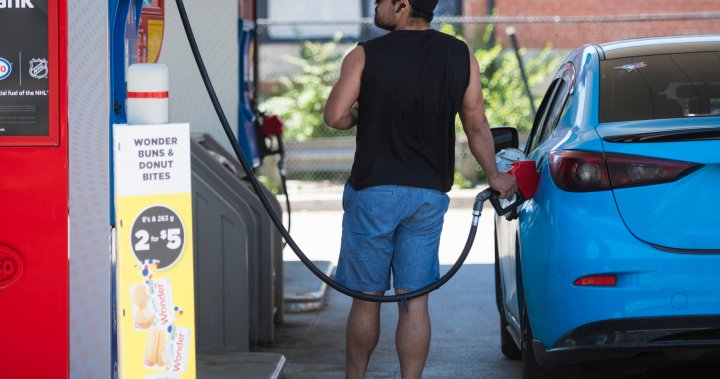
Canada on track to reduce fossil fuel use by 62 per cent by 2050
Global News
In a new report on long-term Canadian energy supply and demand outlook, the Canada Energy Regulator predicts unabated fossil fuel use will decline 62 per cent by 2050.
A new forecast says Canada is on track for a significant reduction in fossil fuel use by 2050, even as electricity demand grows and demand for crude oil continues.
In a new report on long-term Canadian energy supply and demand outlook, the Canada Energy Regulator (CER) predicts unabated fossil fuel use (meaning fossil fuel combustion without carbon capture and sequestration) will decline 62 per cent by 2050.
“Our projections show that Canadians use far fewer fossil fuels in the future,” said CER chief economist Darren Christie on Thursday. “By 2050, coal nearly disappears and the use of fossil fuels made from oil declines, especially gasoline and diesel for transportation.”
The forecast suggests Canadians will use significantly less gasoline and diesel in coming years, resulting in a 43 per cent decline in the use of refined petroleum products by 2050.
Electricity use could rise by 45 per cent as Canadians transition to electric vehicles, according to the CER. The report predicts low-cost wind and solar power will be used to meet the rise in demand.
Canadian crude oil production growth is expected to peak at 5.8 million barrels per day in 2032, the CER says, and then to decline slowly to reach 4.8 million barrels per day in 2050, only slightly below today’s levels.
The report says that is because of the nature of Canada’s oilsands facilities, which are long-lived and have low operating costs once built. Production projections suggest the pipeline system out of Western Canada would still be nearly at capacity into the mid-2030s.
That is extremely concerning, said Dale Marshall, national climate program manager with Environmental Defence Canada.





















 Run 3 Space | Play Space Running Game
Run 3 Space | Play Space Running Game Traffic Jam 3D | Online Racing Game
Traffic Jam 3D | Online Racing Game Duck Hunt | Play Old Classic Game
Duck Hunt | Play Old Classic Game











